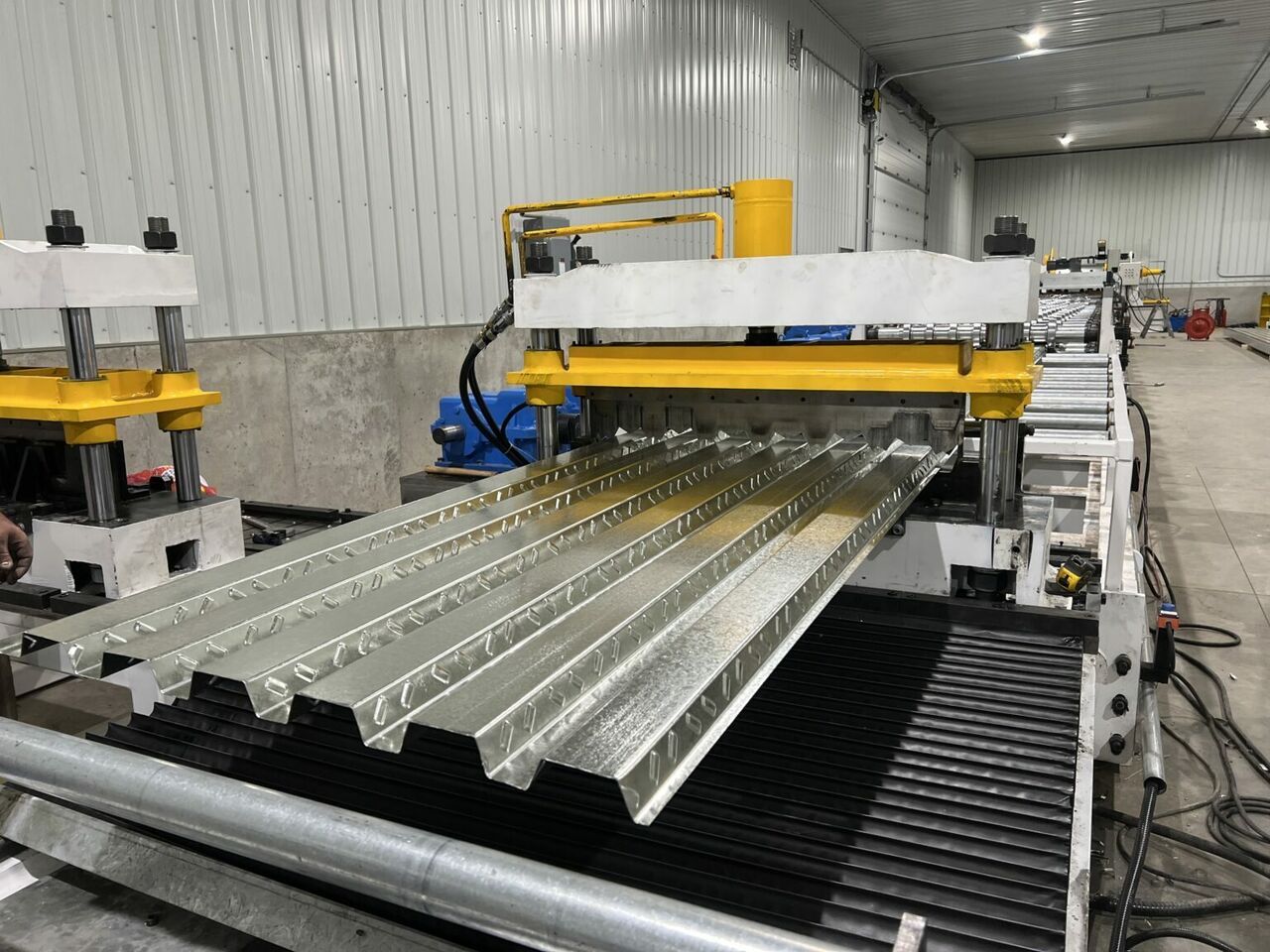
How does sheet-metal forming differ from rolling?
If you wonder how sheet metal forming is different from rolling, read on to find out!
Posted on Monday, February 28, 2022
The main difference is that while rolling forces the metal to flow into a different shape, sheet metal forming works by causing deformation in the material overall, with minimal effect on the grain structure or the thickness of the material.
What is the process of sheet metal forming?
Sheet metal forming typically takes place at room temperature. It is the process by which pieces of sheet metal are altered and reformed without removing any of the original material—rolling as well as forging and extrusion work differently because they apply forces to the material to pressure it into flowing into a new shape. With sheet metal forming, a force is created, causing the metal to deform, and this then makes the metal more malleable so it can be bent, stretched, and folded into a massive variety of different and often highly complex designs.
Forming Vs bending - what’s the difference?
Bending and forming are not dissimilar. Bending is a kind of metal forming, where forming is a kind of metal fabrication. By understanding the critical differences between the two, you will decide which process is the optimal route for your project.
The rolling, forming, and extrusion processes can all be performed above room temperature, where sheet metal forming will take place at room temperature in most instances. The grain size will also likely be improved during rolling, forging, and extrusion (though not always during extrusion), where the material's grain size does not improve during sheet metal forming.
Rolling and forging
Roll Forging is a process that works to reduce the cross-sectional area and alter the dimensions of heated bars, billets, or plates. This is achieved by passing the material between two driven rolls rotating in opposite directions. Each roll has at least one matching impression.
Rolling involves passing metal between rollers to reduce the thickness of the material to a pre-determined size. The process utilizes a hammer and anvil or a drop hammer in larger machinery. Rolling can be achieved hot or cold. The cold method is often employed if the desired result is to toughen or harden the metal.
Rolling and extrusion
Extrusion works to create various components in a process that pushes or draws material through a die of the desired cross-section.
Lots of different materials can be manipulated this way, including, aluminum, polymers, and ceramic. Extrusion can either be hot-extrusion or cold-extrusion.
High-quality roll forming machines from Rollforming LLC
If you are looking for a roll-forming machine for your business, browse the profiles from Roll Forming LLC today. Need some help? Ou customer care team is on hand to answer your questions and make recommendations to ensure you find the perfect machine for your needs - get in touch today!
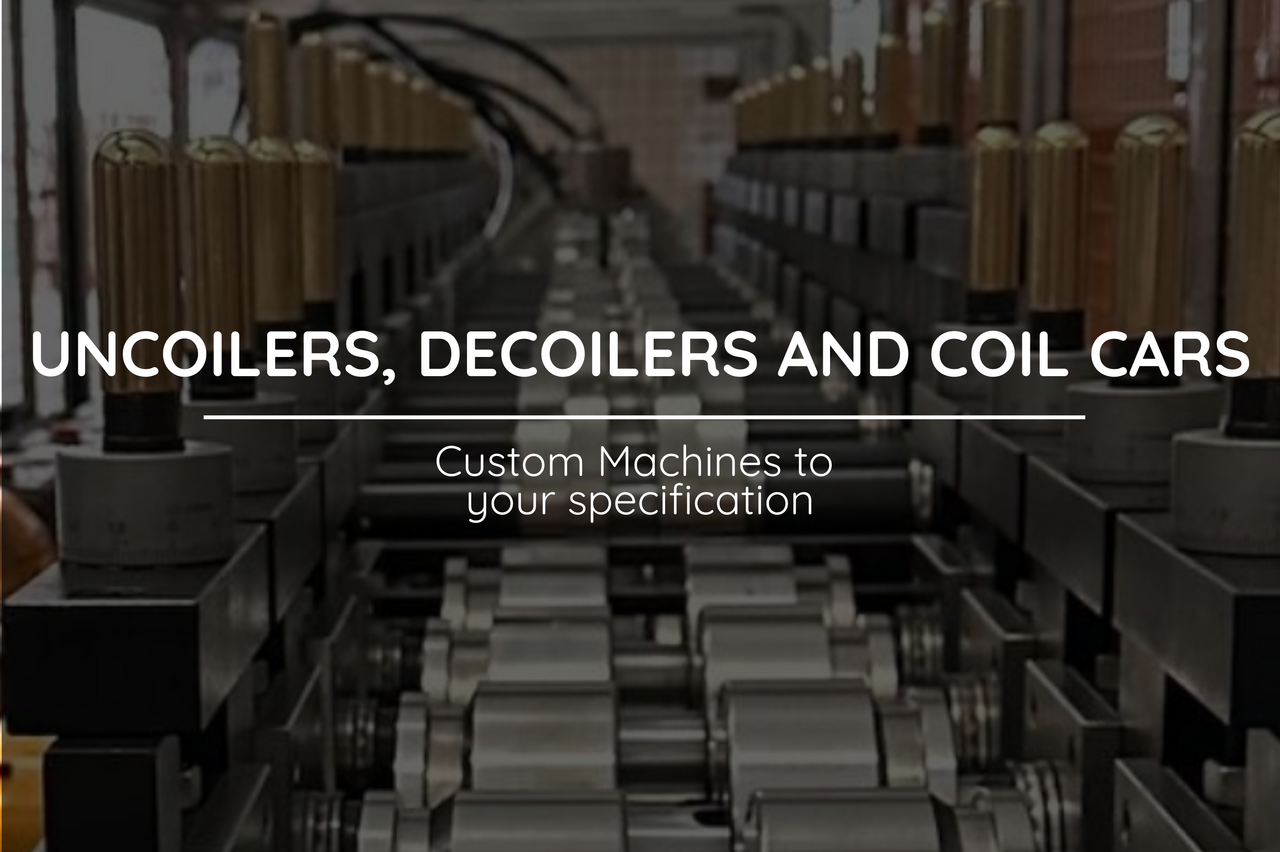
Uncoiler, Decoiler and Coil Car Roll Forming Machine Accesories from Roll Forming Machines LLC
Posted on Sunday, November 24, 2024
Contact us today with your specifications for a custom Uncoiler, Decoiler or Coil Car at [email protected] or call us at (+1) (407) 859 1119
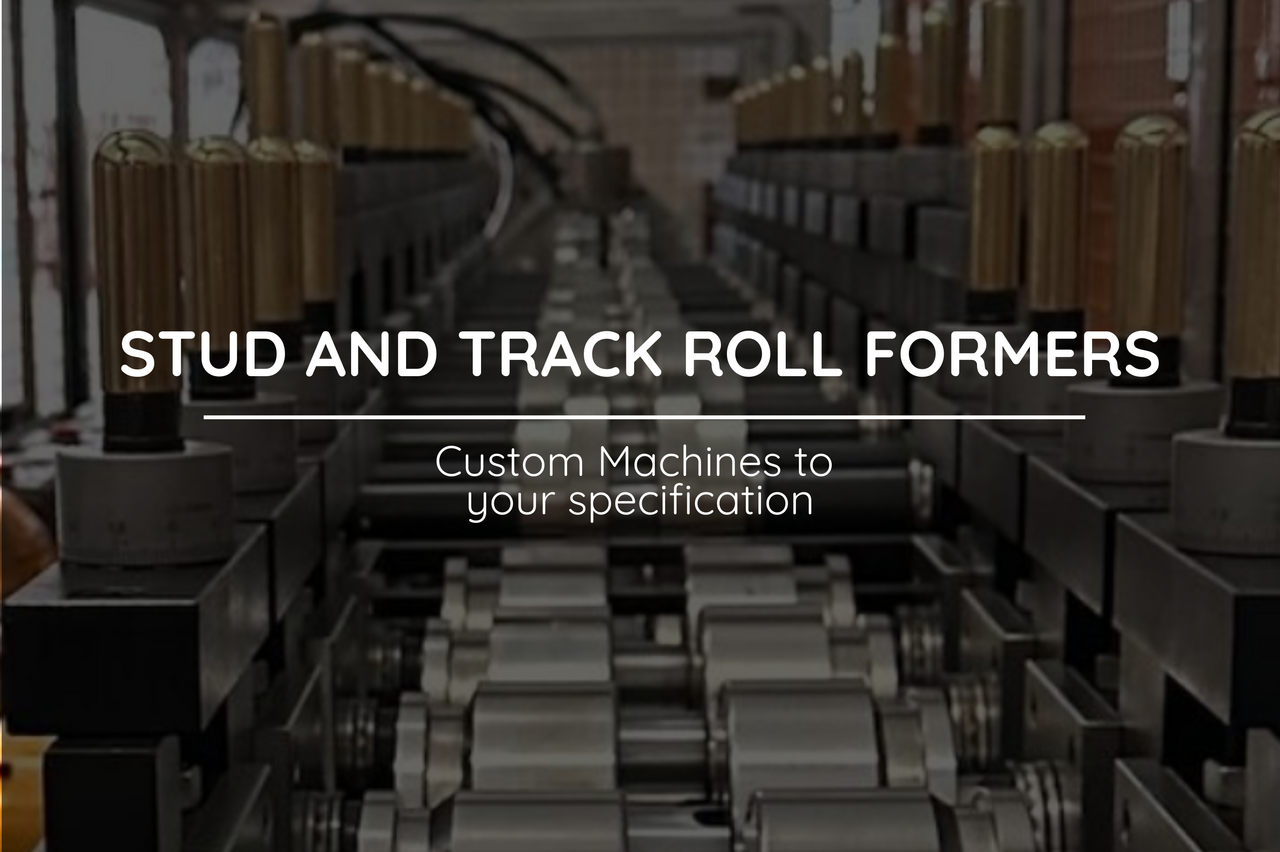
Stud and Track Roll Forming Machines from Roll Forming Machines LLC
Posted on Saturday, November 23, 2024
Contact us today with your specifications for a custom Stud and Track Machine at [email protected] or call us at (+1) (407) 859 1119
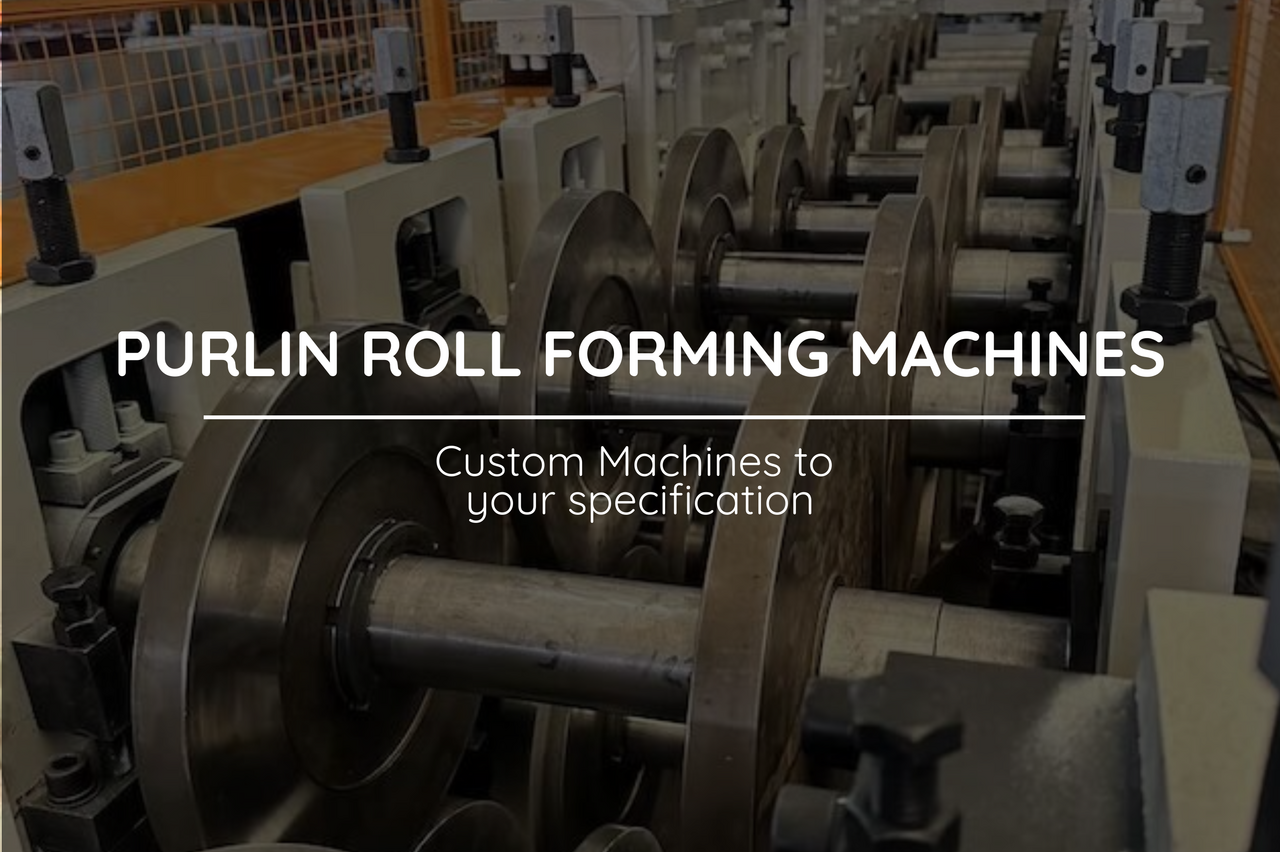
Cee and Zee Purlin Roll Forming Machines from Roll Forming Machines LLC
Posted on Saturday, November 23, 2024
Contact us today with your specifications for a custom Cee and Zee Purlin Machine at [email protected] or call us at (+1) (407) 859 1119
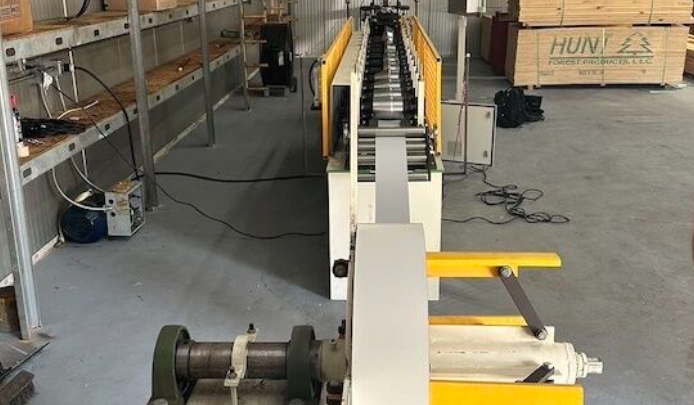
Suspended Metal Ceiling Production Line
Posted on Wednesday, September 18, 2024
Suspended Metal Ceiling Profiles are structural components used to support and secure metal ceiling panels in a suspended ceiling system